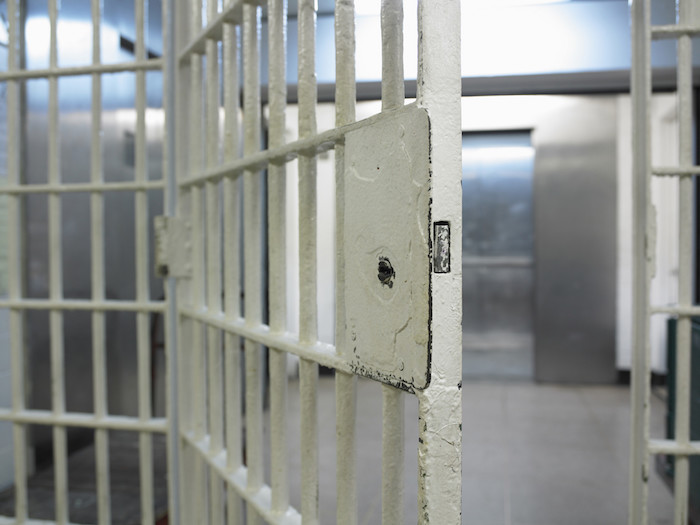|
By Brittany Hunter
Earlier this month, the Justice Department announced that it plans to stop using privately run prisons after a report found that they were often less safe for inmates than federally run facilities. While it is admirable for the federal government to finally start taking an interest in the well-being of its incarcerated population, referring to these facilities as “private” can be grossly misleading. A truly private organization is characterized by competition in a free marketplace. A private organization does not enjoy any monopoly powers conferred by the state. Nor are the taxpayers forced to pay for the services of any private organization through their tax dollars. “Private” prisons, on the other hand, are nothing like a truly private organization. Specifically, these privately run prisons contract with the federal government to act as agents for the state, paid to create more space for our already massive prison population. While these prisons have had an awful reputation of prisoner abuse and poor living conditions, including reports of contaminated food, it is important to remember that the problem exists not because the prisons are privately owned. The problem stems from the fact that the state is the entity responsible for propping up these facilities and creating the demand for more prisons in the first place. Why There Are so Many Prisoners During the “tough on crime” era of the 1970s and 1980s, the prison population in the United States began to grow exponentially thanks to the newly declared war on drugs and new policies on mandatory minimum sentencing laws. Unable to keep up with the rate of Americans being incarcerated, the government began looking for solutions to this problem. Rather than change the awful policies that were creating new prisoners, the state decided to look to the private sector for help. As we all know, once a private company gets into bed with the government they are no longer functioning within anything we could call a “free market.” No deal done with the government comes without a series of strings attached. Promising to offer quality services at lower costs, these privately run facilities continued to grow over the last several decades. To make matters worse, many of these privately run facilities were built in rural and impoverished communities, where the promise of job growth and economic booms were used to entice cities to agree to house the new prisons. As time went on, the line between public and private was blurred even further as the federal government began selling existing federal prisons to private companies, claiming this would financially benefit the state in the short term. While in theory this partnership was thought to be a cost-efficient way of managing the growing incarceration rate, there has never been any clear or final indication that this has been the case. The Problem with Corporatism What we do know is that this corporatist alliance between the government sector and the private sector has resulted in worsening conditions for inmates and little accountability for either the federal government or the private prisons. Often, each will point the finger at the other leaving little to no recourse for prisoners who report inappropriate and abusive conduct from inside these facilities. Worst of all, perhaps, is the fact that the government has created so much demand for these prisons in the first place. As of 2014, approximately 50 percent of prisoners in federal prisons were serving time for drug-related offenses. In other words, without the federal government’s drug wars, the federal prison system would be a mere fraction of its current size. Would institutions like our drug-war-inflated prison system even exist in a world where truly private prisons existed? While there are differing opinions as to how private law and private prisons would function in a free society, Robert Murphy has spoken extensively on this issue and has offered his opinion on what a private legal system could potentially look like. Private prisons could exist, but let’s not confuse them with the corporatist, cronyist prisons that profit from the drug war and the state’s profligacy. This article was originally published at The Mises Institute. Comments are closed.
|
Archives
July 2024
|



 RSS Feed
RSS Feed



